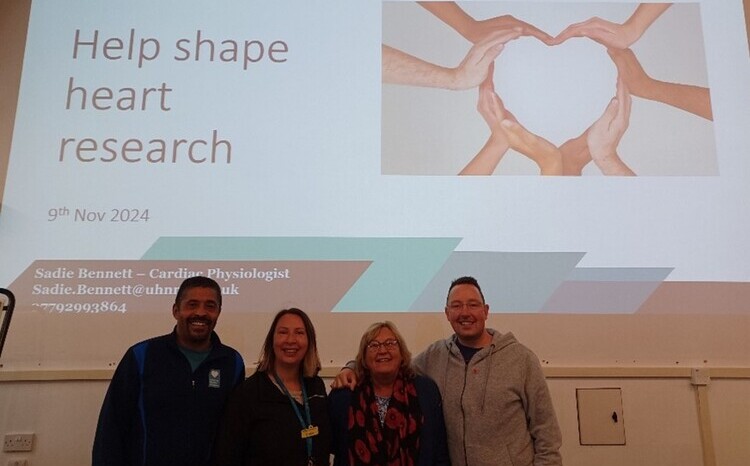UK Biobank collating Covid-19 data for future research purposes
- 3 May 2020

UK Biobank is examining Covid-19 data to determine why some individuals are disproportionately affected by the virus.
The team, led by chief executive Sir Rory Collins, will develop a resource for 15,000 approved researchers from 85 countries using datasets provided by Public Health England.
The data source aims to help researchers better understand the symptoms of Covid-19 and why its severity varies between individuals.
Collins, who is also a British Heart Foundation professor of medicine and epidemiology at the University Oxford, said: “This data will help researchers understand the differences between individuals. What are the differences in their genetics? Are there differences in the genes related to their immune response? Are there differences in their underlying health?
“The vast range of expertise already being applied to the UK Biobank data means that there are likely to be many ways in which these data would be used to help develop strategies to address this pandemic.”
Early statistics suggest Covid-19 affects particular groups with more severity.
Analysis has revealed people from black and minority ethnic (BAME) communities are disproportionately affected. According to an Institute of Fiscal Studies report, published 1 May, the impacts of Covid-19 are not uniform across ethnic groups and “aggregating all minorities together missus important differences”.
The government faced repeated calls to publish official statistics on ethnicity, with the first dataset on BAME deaths published last week.
It has also been criticised for failing to identify the sex of patients in it’s Covid-19 data collection tool.
The Checker, designed to help the NHS build up additional data on the virus and inform future responses, asks why a person is staying at home; how they are feeling; whether they have other health problems; their date of birth, their postcode; and how many people are living in their home, but fails to ask for their sex.
Analysis of cases in China has found the death rate among men is higher than women – 2.8% compared to 1.7%.
Italy has followed a similar pattern, with men making up 60% of confirmed cases and more than 70% of those who have died, according to the countries main public health research agency.
Men were also more likely to die during the SARS and MERS outbreaks, in 2003 and 2012 respectively, both caused by similar coronaviruses.
Scientists are as yet unsure why these groups are at greater risk from Covid-19, which is why collecting and analysing the correct data is vital.
The UK BioBank plans to make primary care data, hospital inpatient data, death data and critical care data available to researchers on a monthly basis.
Sir Patrick Vallance, the government’s chief scientific adviser, said: “It’s vital we learn as much as possible about the who, where and the when of the infection, both for the short and the longer term.
“This new research will tell us about key risk factors and help us continue to manage the outbreak in an evidence-based way.”





